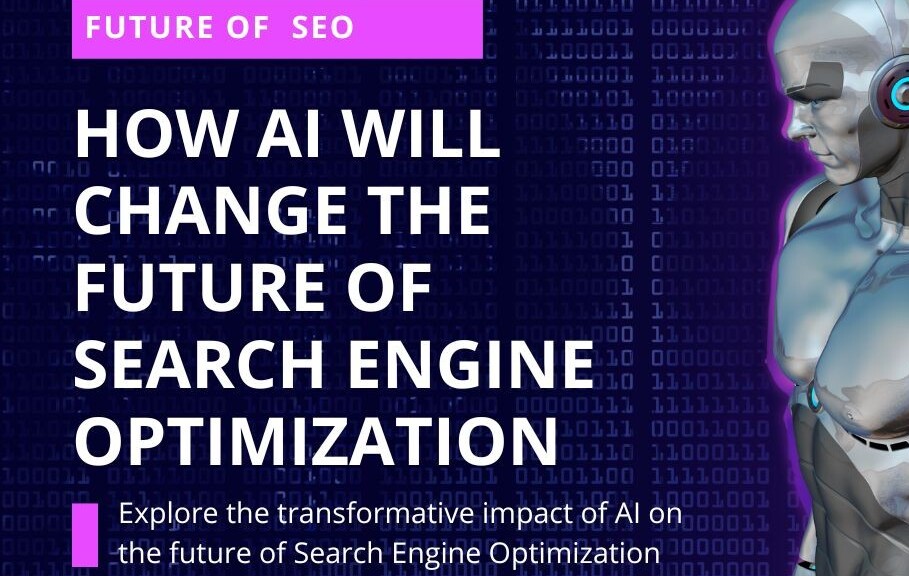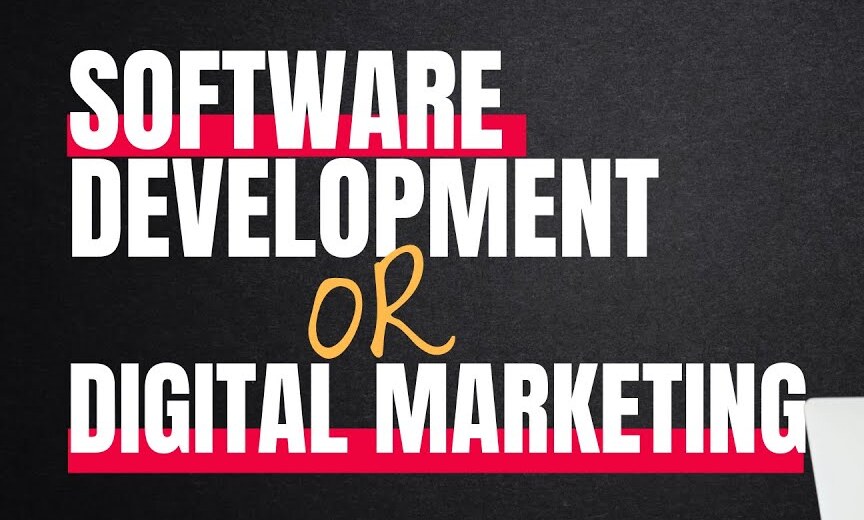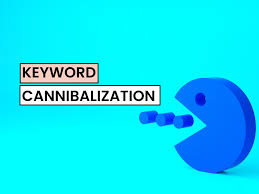
AI is fundamentally transforming traditional SEO practices, bringing about advancements that enhance the efficiency, effectiveness, and relevance of search engine optimization strategies.
- Precision in Search Results: AI, particularly machine learning algorithms, enables search engines to better understand user intent and context. This precision leads to more accurate search results by considering factors such as user behavior, preferences, and location, resulting in a more personalized and relevant user experience.
2.Natural Language Processing (NLP) and Semantic Search:
AI-driven NLP allows search engines to comprehend the meaning behind search queries and the context of content. Semantic search helps in understanding the relationships between words, enabling search engines to provide more contextually relevant results. This shift encourages content creators to focus on producing high-quality, semantically rich content.
3.Voice Search Optimization:
The rise of voice-activated devices has propelled the importance of optimizing content for voice search. AI technologies, including speech recognition and natural language understanding, play a crucial role in interpreting and responding to voice queries. SEO strategies now need to consider conversational language and long-tail keywords associated with voice searches.

4.Algorithm Updates and Learning Models:
Traditional SEO used to react to periodic algorithm updates, but AI-driven learning models enable search engines to adapt and learn continuously. This dynamic adjustment allows SEO professionals to stay agile, as they need to be responsive to ongoing changes rather than adapting to occasional updates.
5.Content Generation and Optimization:
AI tools are being utilized for content creation and optimization. Natural Language Generation (NLG) algorithms can produce human-like content, and machine learning helps in analyzing data to identify content trends and user preferences. This aids SEO professionals in creating relevant and engaging content that aligns with both user interests and search engine algorithms.

6.User Experience (UX) Enhancement:
AI contributes to improving user experience, a factor increasingly considered by search engines in their ranking algorithms. Personalization, powered by AI, allows websites to tailor content and recommendations based on individual user behavior, preferences, and demographics, positively impacting user satisfaction and SEO.

7.Image and Video Recognition:
Visual content is becoming increasingly important, and AI’s ability to analyze images and videos is a game-changer. Visual search and video content are now optimized using AI to enhance indexing and ranking, providing new avenues for SEO professionals to explore.
8.Local SEO Optimization:
AI contributes to the refinement of local search results by considering various factors like user location, historical search behavior, and preferences. This is particularly crucial for businesses targeting local audiences, as AI helps in delivering more localized and relevant results.







Leave a comment